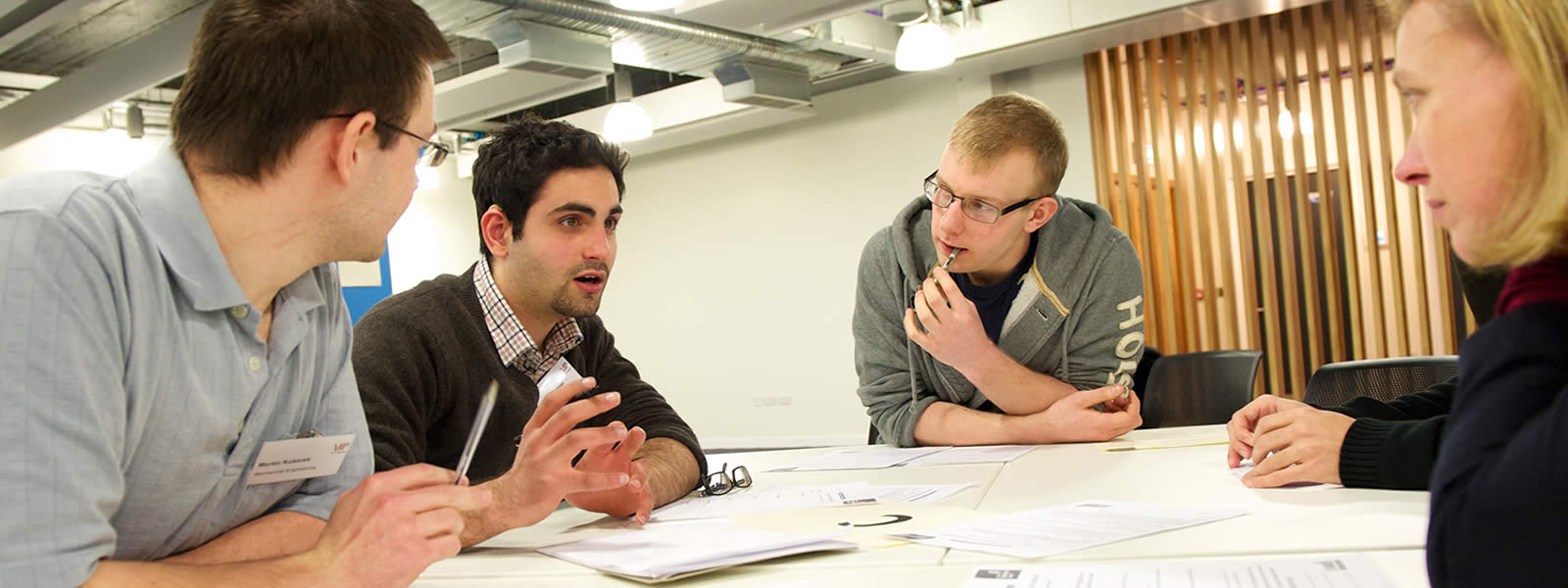Is this course right for me?
Target Audience: all staff, PGRs with teaching responsibilities
Our goal is to ensure that everyone can access content without requiring any adaptation. Some people use assistive technology or other aids to access websites, emails, and Word/PowerPoint documents, and we must ensure that we do not put up any barriers that would prevent them from doing so, thereby limiting their capacity to learn and analyse the materials. Research shows that increased accessibility of documents improves average grades for disabled/neurodiverse students. It also improves their wellbeing and mental health, creates more independence, and ensures that the University’s teaching practice is legally compliant.
When developing content, we must consider how individuals might interact with it, including disabled people (including those with colour blindness, those with dyslexia, those who are neurodivergent and many others). Approximately 1 in 5 people in the UK, or 11.2 million people, have a disability. It is crucial for us to remain mindful of this fact and ensure that our digital creations are accessible to everyone. After completion of this free session, you gain a useful training session which can be added to your CV’s skill profile, and a completion certificate.
This session will be delivered by Daniel McLaughlan, Digital trainer in Digital Accessibility from the Information Services Directorate of the University.
In this course we will:
- introduce the concept of Digital Accessibility
- demonstrate the benefits of Digital Accessibility
- discuss the requirements for Digital Accessibility
- demonstrate the impact of inaccessible content
- explain how you can ensure your content is accessible
Delivered By: Digital accessibility Project
